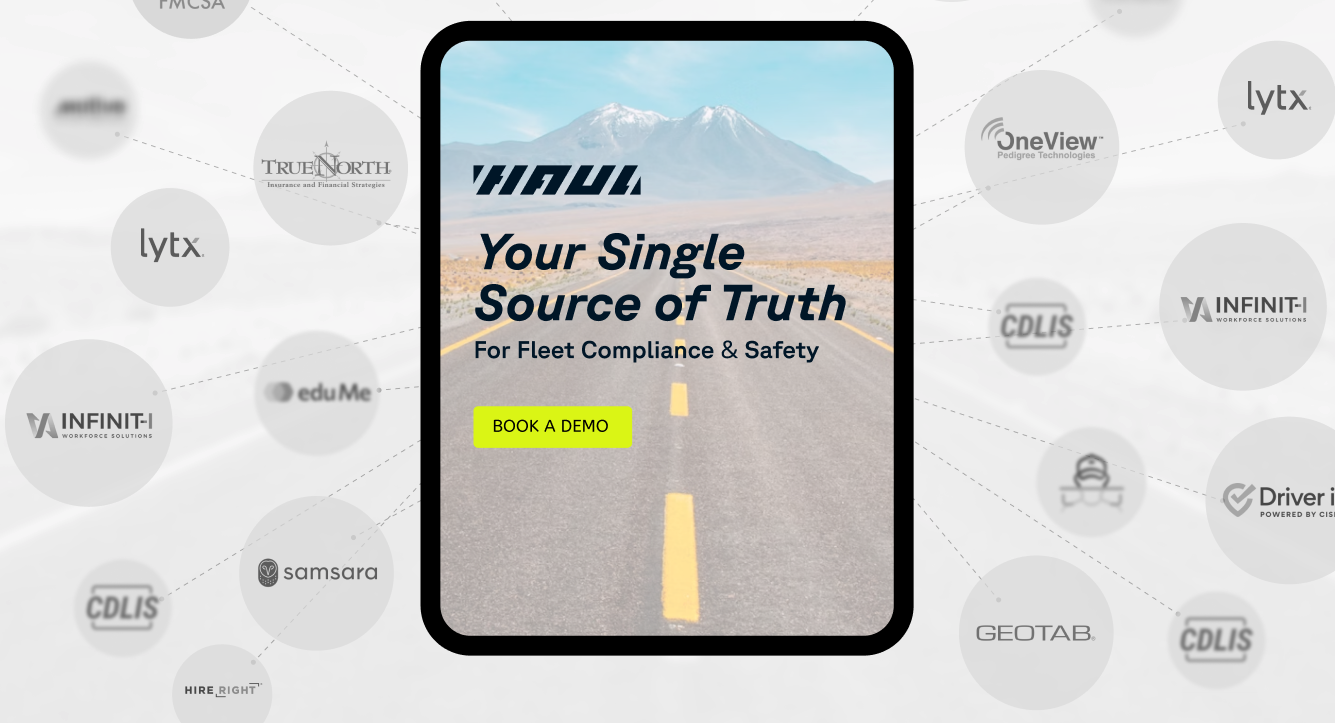Understanding Commercial Truck Insurance Basics

Navigating the world of commercial truck insurance can be a daunting task.
Understanding the basics is crucial for fleet managers, logistics directors, and risk management officers. It's not just about legal compliance and financial protection, but also about operational efficiency and risk mitigation.
This guide aims to demystify the complexities of commercial truck insurance. We'll delve into the different types of coverage, factors influencing premiums, and strategies for finding the right insurance partner.
Whether you're an owner-operator, manage a small fleet, or oversee a large logistics operation, this guide will provide actionable insights to help you make informed insurance decisions.
The Importance of Commercial Truck Insurance
Commercial truck insurance is more than a legal requirement. It's a critical risk management tool that protects your business from financial losses.
Accidents, cargo damage, and liability claims can have devastating financial impacts. Without adequate insurance, these costs could cripple your operations.
Moreover, insurance plays a key role in maintaining compliance with safety regulations. A good safety record can significantly reduce your insurance premiums.
Lastly, insurance fosters transparency and partnership in operations, building trust with clients and stakeholders.

Types of Coverage for Your Fleet
Understanding the types of coverage available is crucial in selecting the right insurance policy. Each type of coverage serves a specific purpose and protects against different risks.
- Liability Insurance
- Physical Damage Coverage
- Cargo Insurance
- Additional Coverage Options
Liability Insurance
Liability insurance is a must-have for any commercial truck operator. It covers the costs of bodily injury and property damage caused by your truck in an accident.
This coverage is not just important, it's legally required. Without it, you could face hefty fines and legal penalties.
Physical Damage Coverage
Physical damage coverage protects your truck and trailer. It covers repair or replacement costs if your vehicle is damaged in an accident, stolen, or vandalized.
This coverage is especially important for owner-operators and small fleet managers who can't afford to replace vehicles out-of-pocket.
Cargo Insurance
Cargo insurance covers the goods you're hauling. If your cargo is damaged or lost during transit, this coverage will compensate for the loss.
This is crucial for maintaining trust with your clients and ensuring business continuity.
Additional Coverage Options
There are also additional coverage options to consider. These include roadside assistance, rental reimbursement, and coverage for non-trucking use.
These options can provide extra protection and peace of mind, especially for long-haul truckers and owner-operators.

Factors Affecting Insurance Premiums
Several factors can influence your commercial truck insurance premiums. These include the type of vehicle, the driver's experience, and the operating radius.
The type of freight being hauled can also impact your rates. For instance, hauling hazardous materials typically results in higher premiums due to the increased risk.
Lastly, your safety record and compliance with regulations can significantly affect your insurance costs. A clean safety record can lead to lower premiums, while violations can increase them.
Finding the Right Insurance Partner
Choosing the right insurance partner is crucial. Look for companies that specialize in commercial truck insurance, as they'll understand the unique risks and challenges of the industry.
Consider their reputation, customer service, and responsiveness to claims. A good insurance partner can make a significant difference in managing risks and ensuring smooth operations.
Leveraging Insurance for Operational Efficiency
Insurance isn't just about protection, it's also a tool for operational efficiency. Proper coverage can help mitigate financial risks, allowing you to focus on core business operations.
Moreover, data from insurance can provide insights into areas of risk, helping you improve safety measures and reduce premiums.

